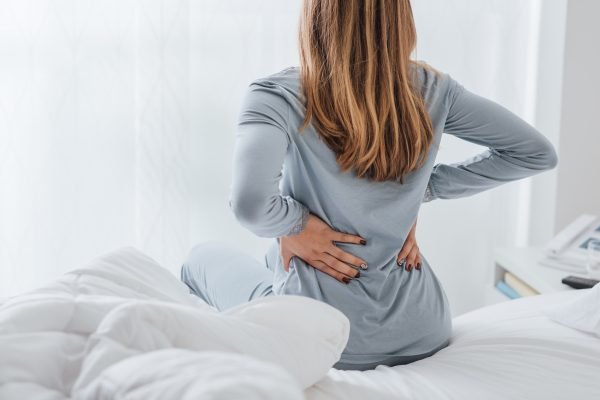
Heart health affects your daily life in a variety of ways. It can lead to heart attack, stroke, and other cardiovascular diseases. Heart disease is the leading cause of death in the world. Heart attacks are responsible for about one-third of all deaths from cardiovascular disease. Heart health is important because it affects our quality of life, our ability to work, and even our overall lifespan. Let’s take a look at this in more detail.
The Importance of a Balanced Diet for the Cardiovascular System
A balanced diet is essential for maintaining a healthy heart. The food we eat can affect the health of our cardiovascular system, which is why it is important to choose foods that are rich in nutrients and low in calories. A balanced diet should contain a variety of fruits and vegetables, whole grains, lean meats, seafood, poultry and eggs. It should also include healthy fats like olive oil and nuts.
How to Fight & Prevent Heart Disease with These Tips
Heart disease is the leading cause of death worldwide. It is also the leading cause of death in the United States, which means that it should be a top priority for all of us to combat and prevent heart disease. It can be important to see a cardiologist if you’re worried or want tips to do with your heart health. You should start your day with a nutritious breakfast and work out for at least 30 minutes. You should also eat healthy, exercise regularly, avoid tobacco smoke, limit alcohol consumption, and get plenty of sleep.
How to Prevent Cardiovascular Disease with Diet & Lifestyle Changes
Cardiovascular disease is the leading cause of death in the United States. It is also the leading cause of death for people under 65 years old. But there are ways to prevent this from happening, and one way is by following a healthy diet and lifestyle changes. The American Heart Association has provided a list of healthy living tips that can help you to prevent cardiovascular disease. Cardiovascular health is not just about heart health. It is about a healthy lifestyle that includes eating the right foods for your body and for your heart.
How to Reduce Your Risk of a Heart Attack or Stroke
Heart disease and strokes are the leading causes of death in the United States. The risk factors for heart disease and stroke are common and can be easily controlled to lower your risk. The following are some of the ways that you can lower your risk of heart attack or stroke:
-Losing weight: Losing weight decreases blood pressure, cholesterol, and blood sugar levels.
-Eating a healthy diet: This includes eating lots of fruits and vegetables, whole grains, low-fat dairy products, lean protein sources like fish or chicken without skin, nuts, beans, lentils and tofu.
-Exercising regularly: Physical activity is important for heart health because it helps maintain a healthy weight, improves blood pressure levels by increasing the heart’s ability to pump oxygenated blood around the body.



 Carbs get a bad rap, particularly when it comes to healthy eating. However, whole grains have been a part of the human diet for at least ten thousand years, and probably much longer if you count ancient bean and grain crops found in east African settlements.
Carbs get a bad rap, particularly when it comes to healthy eating. However, whole grains have been a part of the human diet for at least ten thousand years, and probably much longer if you count ancient bean and grain crops found in east African settlements. 




